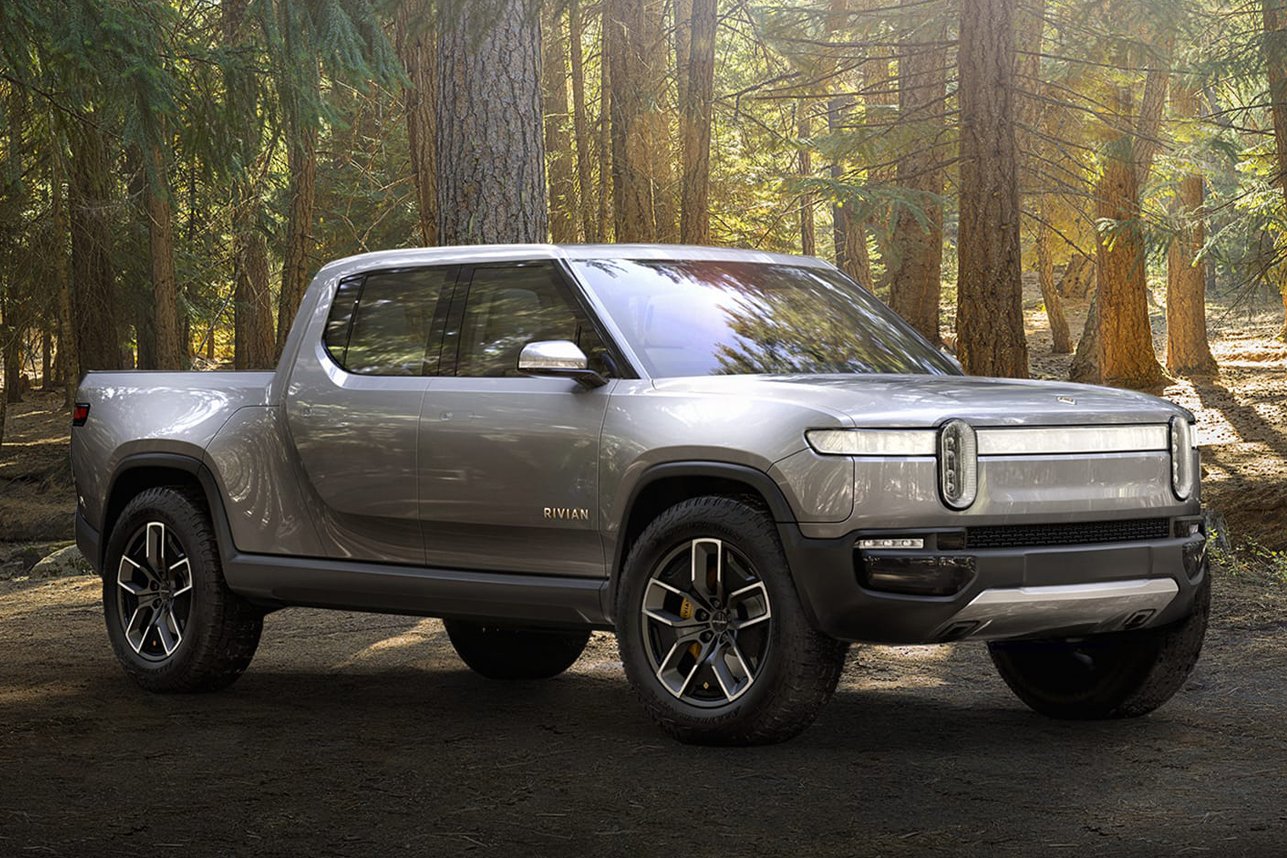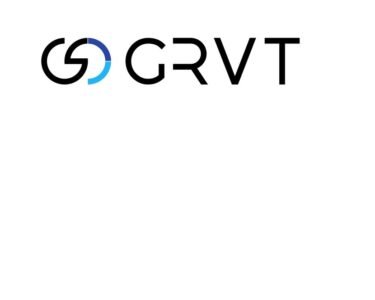Shares in Rivian Automotive Inc. fell more than 6% in late trading today after the electric car maker reported a higher-than-expected loss in its second quarter.
For the quarter that ended on June 30, Rivian reported an adjusted earnings per share loss of $1.13, up from a loss of $1.08 per share in the same quarter of 2023, on revenue of $1.16 billion. Analysts had expected a loss of $1.21 per share on revenue of $1.14 billion.
Rivian’s net loss in the quarter was $1.46 billion or $1.46 per share, up from $1.2 billion or $1.27 per share in the second quarter of 2023. The company also saw negative gross profit – their words, everyone else would call it a loss – of $451 million, compared to a loss of $412 million the year prior.
Through the quarter Rivian delivered 13,790 vehicles, with each vehicle delivered losing $4,278 due to costs that Rivian “does not anticipate being part of our long-term cost structure.” In other words, Rivian doesn’t plan to lose money on every vehicle sold in the future.
Rivian’s total operating expenses grew to $924 million in the quarter, up from $873 million in the same quarter of last year. The figure included $177 million in non-cash, stock-based compensation up from $158 million a year prior.
While Rivian continues to burn cash, the company still has breathing room for now, ending the quarter with $7.88 billion in cash, cash equivalents, and short-term investments on hand and including an asset-revolving-credit facility, has access to $9.18 billion.
Notable highlights in the quarter and one of the reasons why it has some breathing room is that Rivian announced a joint venture with Volkswagen International America Inc., which included a $1 billion unsecured convertible note. A further $4 billion in potential incremental investment from VW is also on the table subject to approval.
The partnership with VW could, going forward, be Rivian’s saving grace, as it involves Rivian supplying electrical architecture and software to VW Group products. Given that Rivian ships as many cars in a quarter and VW does every 12 hours or so, the deal has strong upsides for Rivian, who, despite great promise, continues to struggle in a highly competitive global electric car market.
“The partnership is anticipated to accelerate the development of software for Rivian and Volkswagen Group,” Rivian said in its earnings release. “It is planned to allow both companies to combine their complementary strengths and lower cost per vehicle by increasing scale and speeding up innovation globally.”
Looking forward, Rivian said that it is reaffirming its 2024 annual guidance of 57,000 total units of production, a $2.7 billion adjusted loss and $1.2 billion in capital expenditures.
Photo: Rivian
Your vote of support is important to us and it helps us keep the content FREE.
One click below supports our mission to provide free, deep, and relevant content.
Join our community on YouTube
Join the community that includes more than 15,000 #CubeAlumni experts, including Amazon.com CEO Andy Jassy, Dell Technologies founder and CEO Michael Dell, Intel CEO Pat Gelsinger, and many more luminaries and experts.
THANK YOU




